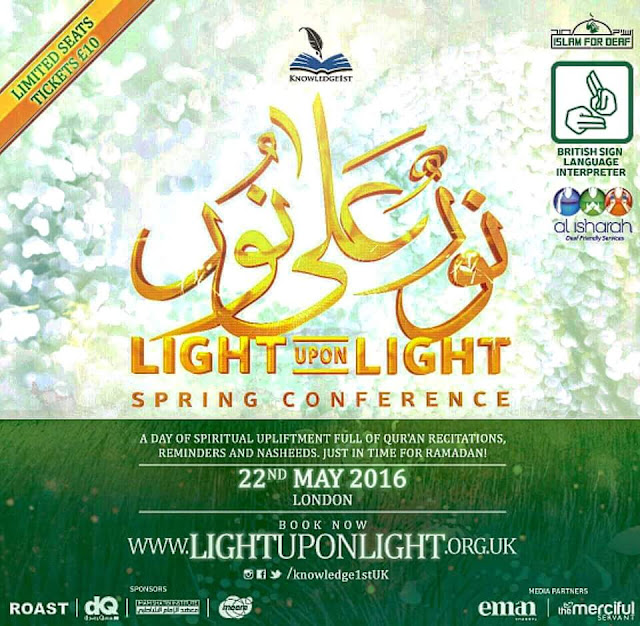 |
| Jesus and Muhammad Birthdays Coincidence |
This symbolic period of time represents also a gap that has been growing for the last 500 years between the world of Islam, and the world of Christianity, “Islamdom” and “Christendom,” and gradually turning into “post-Islamism” and “post-Christianism,” and each concept of these carries within it various factors and meanings, sometimes antagonizing meanings that some call “clashes of civilizations.”
Ignorance blinds; learning enlightens. Religions that grow up in the same geographical area build on each other, however different they are; and they are required to be different because they come to different contexts and in different timings, but their moral teachings remain universal and modern to each period of human history. Human beings are smart enough to update their original concepts to new contexts. When they do not do that they are after “othering” the different other, and after appropriating traditions that prophets themselves did not want to appropriate or limit to particular people, ethnicity, language or geography. Like philosophers whose concepts have to be updated, prophetic diction has to be updated too.
Two major aims appear prevalent in prophetic experiences: human liberation based on disciplining the self for good, through piety or taqwa in Arabic, and care about the world around us through ithar, i.e. giving for the sake of giving even when one is needy. Piety teaches self-liberation and moral standing, and care teaches solidarity and civic participation in modern terms. What else can do well in human societies if not these two major values, nurtured by love and compassion? All the rest are details, “accidentals” and not “essentials.”
That is what I think should be underlined when thinking of two world religions that appear, at times, in full antagonism, though established scholarly heads of these two traditions do no longer refute each other as they used to in medieval times. Their tone appears more mature, but intolerant voices from both traditions appear here and there to ruin such a respect that two big prophets esteem high.
Jesus and Muhammad do not speak just for their own traditions that are summarized now in Christianity and Islam. Jesus appeared within a Jewish context, and Muhammad appeared within both polytheistic and monotheistic context of Arabia. Their traditions now are found everyone in human societies, either as a majority or minority tradition, which means they interact with other traditions, influence them and are influenced by them. They cannot and are not destined to stand alone; they make sense within shared communities, and that is why their role as moral references may appear more essential for world peace and betterment of human conditions, especially in certain geographical areas that are actually so vast and so influential.
We human beings cannot replicate history nor bring it back. We can, however, learn from its powerful men. The most we can learn is their human spirit, above all else, a spirit that is being “thingified,” “dehumanized,” and “demoralized.”
Prophets changed the world because they practiced what they preached. They deserve our moral admiration, because they defended what they believed in throughout their lives, and in difficult, extremely difficult, situations. They should remain moral icons for all of us, whether we are believers or not, whether their religions were truly divinely-inspired or not.
They still stand higher than all the moralists that come after them. Prophets lived poor, with the poor, and for the poor. In the age of Fausts, humans who sell themselves for corrupt power and unfair wealth accumulation, we should intelligently go back to Prophetic traditions to learn how to be better human beings once again.
Source: Morocco World News
Advertisement Banner

No comments:
Post a Comment